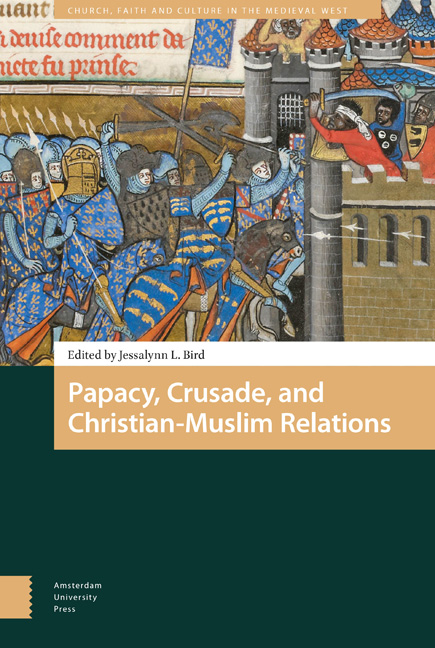6 - Innocent III and the Beginning of the Fourth Crusade
Published online by Cambridge University Press: 22 December 2020
Summary
Abstract
Disappointed by a series of failures on the part of kings to win back the Holy Land and burdened with a host of other responsibilities at the outset of his pontificate, Pope Innocent III in 1198 turned to another form of crusade management, one which employed the pastoral concerns for ecclesiastical and devotional reform developed at the new schools of Paris. That reform movement consisted of articulate papal letters regularly recorded in registers, trusted ecclesiastical administrators, talented papal legates, and inspired charismatic preachers. He also set about creating a home front for the crusade, one that made it the centre of a new pastoral reform mission that included every Christian, whether an actual crusader or not. This new home front was to be managed by ecclesiastical provinces and their cities and nobles, assisted by papal legates and reform and crusade preachers, and offering new and extensive spiritual privileges. This is the context and the outcome of the tournament at Ecry-sur-Aisne in November, 1198, the assembling of an army by the counts of Champagne/Brie, Blois, and Flanders/Hainaut and their novel financial arrangements with the Venetians. With characteristic attention to detail, Innocent also issued instructions for crusaders who failed to appear. Although no single source includes all of these decisions and Innocent's sustained attention, there is little doubt that Innocent III paid close attention to the crusade from the very beginning of his pontificate.
Keywords: Fourth Crusade, moral reform, Innocent III, papal legates, preachers, privileges, ecclesiastical provinces, plena potestas, pro peccatis exigentibus
In his experience of crusade both before and after his election and consecration in January and February 1198, Innocent III brought a new purpose to the idea of a military expedition to the Holy Land. That purpose was to link the crusade with a programme of moral reform that extended throughout twelfth-century Christendom and incorporated all Christians in quite original and inventive ways. That is, as James Powell, Brenda Bolton, Jessalynn Bird, Christoph Maier, and a number of other scholars have also pointed out, under Innocent and his successors the crusade took on a new identity, as an organizing pastoral vehicle for universal participation in Christian moral reform, thereby greatly augmenting the economy of salvation. To rethink the theology of crusade, however, was one thing; to inspire, organize, and launch a crusade of the new type was quite another.
- Type
- Chapter
- Information
- Papacy, Crusade, and Christian-Muslim Relations , pp. 117 - 130Publisher: Amsterdam University PressPrint publication year: 2018

